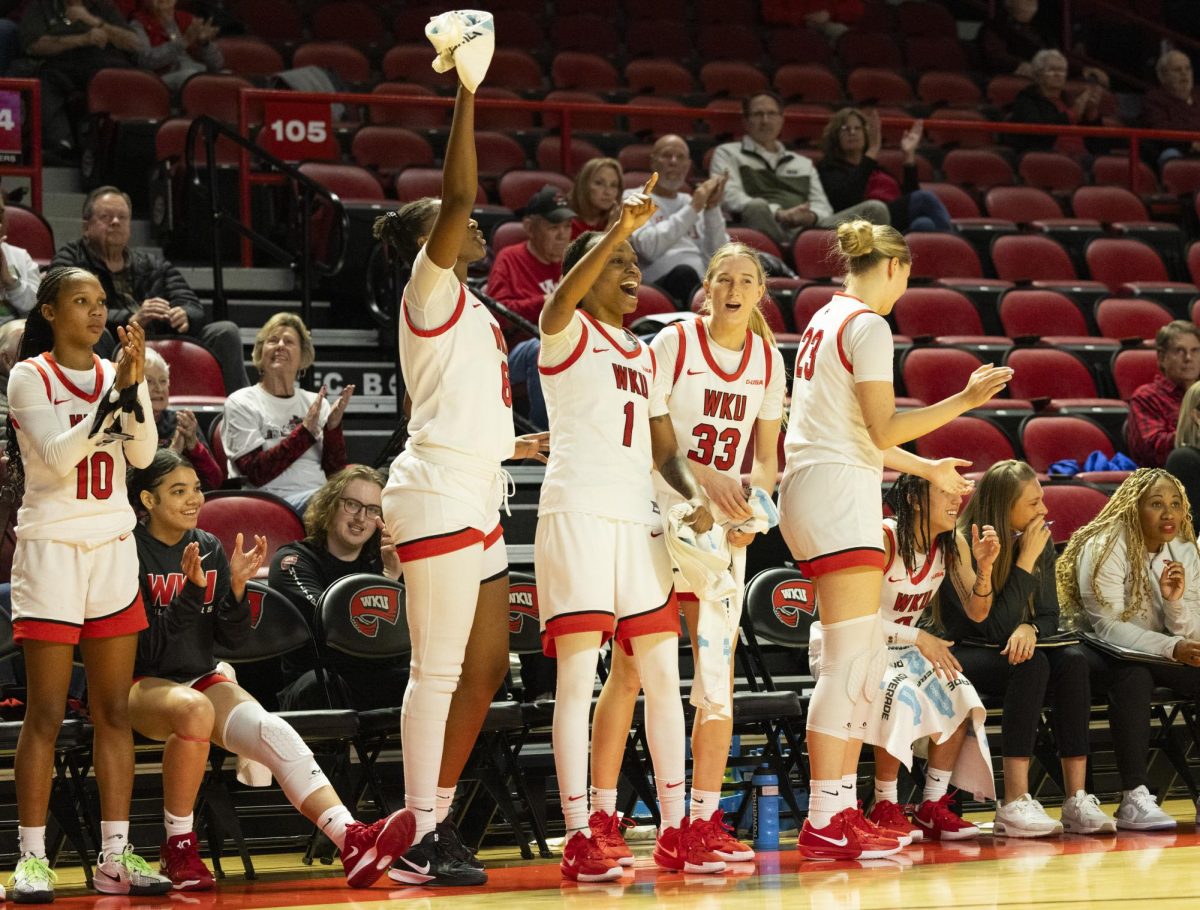Spend-easy plastic can lead to financial troubles
October 2, 2012
Of all the encounters that I’ve ever had with a credit card, not one had my name on them. I’ve seen students swipe them at the WKU Store, I’ve had friends use them for online purchases, and my relatives call out their numbers when booking a hotel reservation over the phone, but I’ve never owned one.
You see, when it comes to that piece of spend-easy plastic, I see it as imprisonment. I’ve witnessed over and over again too many people taking on thousands — and even tens of thousands — of dollars in debt because of credit cards. Then, they either spend years trying to shave it back down, or steer their eyes away and spend themselves into bankruptcy.
This isn’t to say that credit cards don’t have a place in society, but if you’re too loose with them, they can carry a lot of disadvantages.
And one of the biggest is the frequent misuse.
“It’s very easy to over spend because it doesn’t feel like you’re actually spending anything,” said Andrew Head, director of Financial Planning Program.
What helps the borrower feel like they’re not under a crushing amount of debt is the minimum payment, which is around two percent.
The issue with this false security is that it can encourage the borrower to spend more.
“I’ve had clients call me up on my professional side that have had $30,000 in credit card debt, and they’re having to fork over lots of money per month to make (the minimum payments),” Head said.
But even if the borrower has reached $10,000 in debt, Head said paying just the minimum payments could last for 20-30 years, and trying to dig out of that can be very difficult.
Dr. Jean Snavely, an executive-in-residence in the finance department, said credit cards are an inexpensive and convenient way to not have to carry around cash, but if the borrower doesn’t pay the balances every month, then the loan rates can get very pricey.
In fact, some of the cards that have been tailored to students can carry an annual percentage rate up to 22.99 percent, according to creditcards.com, a website that allows users to compare credit card offers.
If you’re carrying more than one card and each one is maxed out, it can keep you from getting a long-term loan.
“When they want to go borrow for something like a house or a car, they can’t because all their loans are on their credit cards,” Snavely said.
For students who have a credit card, Snavely suggests only buying things that would have been bought anyway, and set the cash aside instead of spending it again. She said this helps build a credit history without getting into trouble.
“One rule of thumb for credit in general is the term of the loan should not be longer than what you’re using it to purchase,” Snavely said. “Don’t think of it as extra money that you have available to go do what you want to do.”













